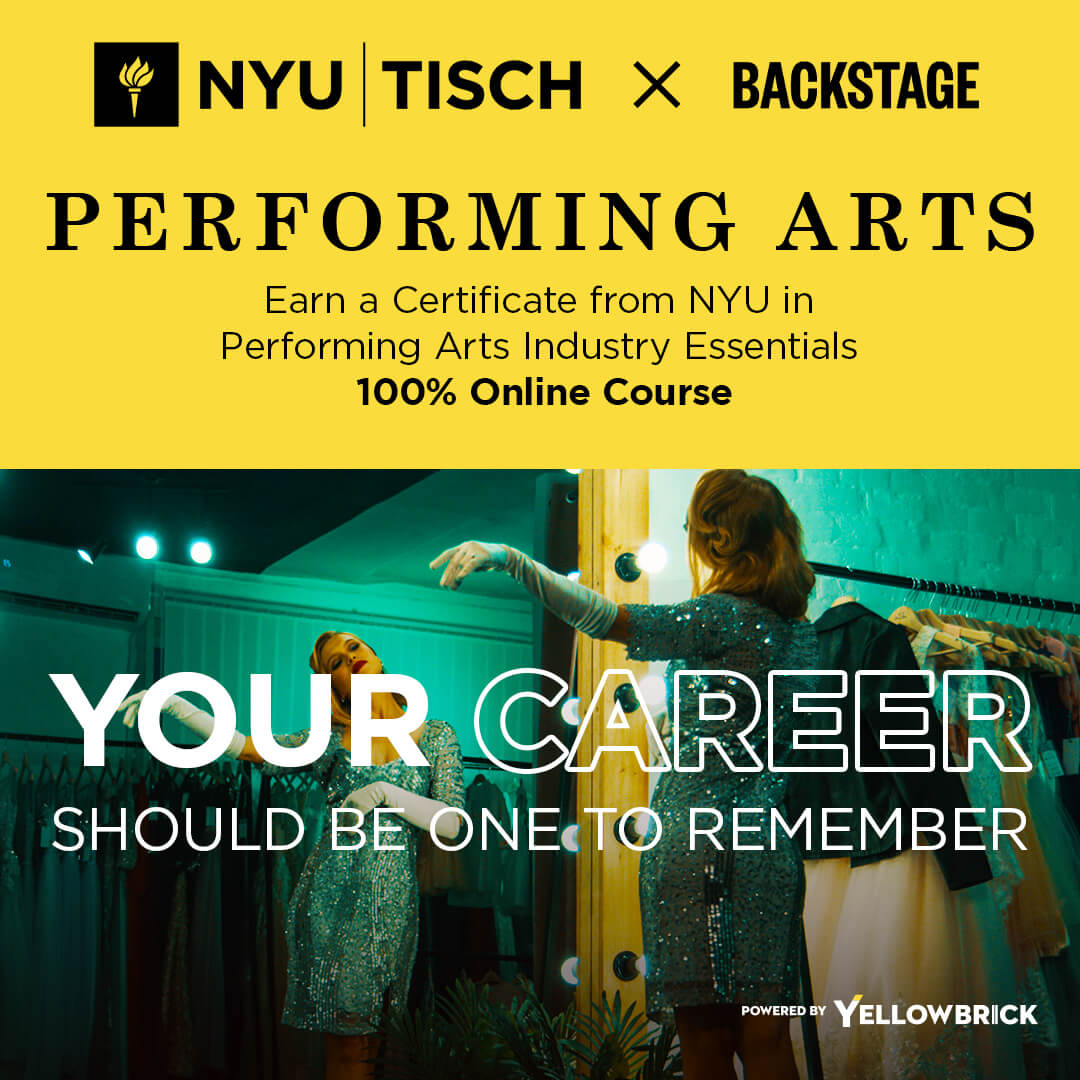Understanding the Role of an Art Director
Art directors are responsible for overseeing the design and visual aspects of projects to ensure they align with the client’s objectives and resonate with the target audience. They collaborate with designers, illustrators, photographers, and other creative professionals to bring ideas to life.
A deep understanding of design principles, visual communication, and project management is crucial for art directors to excel in their roles.
Importance of Education for Art Directors
While some art directors may have started their careers without formal education, obtaining a degree in a relevant field can provide a strong foundation for success. Employers often seek candidates with the necessary education and training to meet the demands of the role.
Pursuing a Bachelor’s degree in Graphic Design, Fine Arts, or Visual Communication is a common starting point for aspiring art directors. Some individuals may choose to further specialize by pursuing a Master’s degree in a specific area of design.
Essential Skills for Art Directors
In addition to formal education, art directors need a diverse set of skills to thrive in their roles. Strong creative abilities, effective communication skills, and the ability to collaborate with team members are essential.
Art directors must also stay updated on industry trends and emerging technologies to produce innovative and compelling designs that resonate with audiences.
Career Paths for Art Directors
A degree in art director education can open up a wide range of career opportunities across various industries. Art directors can work in advertising agencies, design firms, publishing houses, film studios, and more.
With experience and expertise, art directors may advance to positions such as Creative Director or Design Director, leading creative teams and shaping the visual direction of projects.
Hands-On Experience and Networking
While formal education is valuable, gaining practical experience through internships, freelance projects, and networking opportunities is equally important for aspiring art directors. Building a strong portfolio and professional network can significantly enhance career prospects and provide valuable industry insights.
Continuing Education and Industry Partnerships
The field of design is constantly evolving, with new technologies and trends shaping the industry. Art directors should consider opportunities for continuing education, such as workshops, seminars, and industry partnerships, to stay current and enhance their skills.
Collaborating with industry leaders through programs like Yellowbrick can provide practical skills and insights into the creative industry.
Networking and Professional Development
Building a strong network of contacts within the industry is essential for art directors to stay connected and open up new opportunities for career growth. Attending industry events, joining professional organizations, and participating in conferences can help art directors expand their reach and stay informed about industry trends and opportunities.
Conclusion
Aspiring art directors should focus on acquiring the necessary education, honing their skills, gaining practical experience, and building a strong professional network to position themselves for a successful and fulfilling career in the creative industry.
Key Takeaways:
- Art directors oversee visual elements in projects and collaborate with creative professionals.
- Education in Graphic Design or Fine Arts provides a strong foundation for art directors.
- Essential skills include creativity, communication, and staying updated on industry trends.
- Art directors can work in diverse industries and advance to leadership roles.
- Practical experience and networking are crucial for success in the field.
- Continuing education and industry partnerships offer opportunities for skill enhancement.
- Building a strong professional network is vital for career growth in the art direction.
Consider taking the NYU Animation Industry Essentials online course and certificate program offered by Yellowbrick for further specialization and industry insights.







